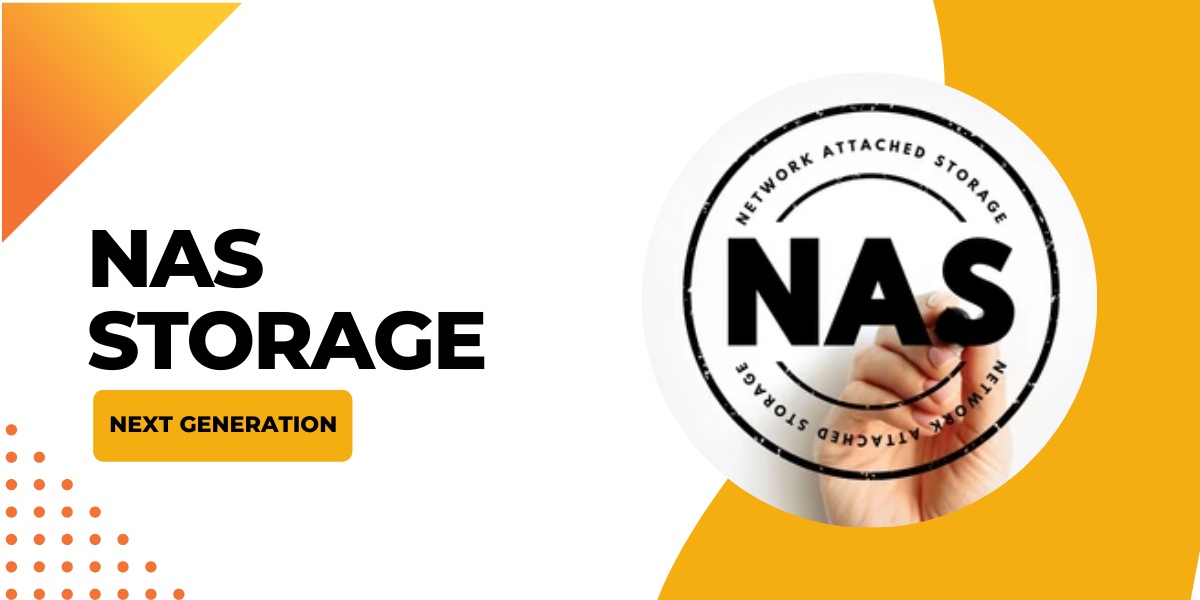Computer storage has significantly advanced over the years. Decades ago, personal computers had limited hard disk spaces, forcing users to turn to external hard drives or file servers to store their precious data. This demand led to the development of Network Attached Storage (NAS). In this blog post, we will discuss what is NAS and how it differs from other storage systems.
Network Attached Storage refers to a dedicated data storage system that can easily be accessed by multiple devices in a local network. Its primary purpose is to provide centralized and easy-to-manage storage to devices in the network. The critical differentiators between NAS and other types of storage systems are its flexibility and scalability. Most traditional storage systems, such as external hard drives and flash drives, have limited storage capacity and lack scalability. NAS, on the other hand, can have multiple hard drives, providing users with numerous terabytes (TBs) of storage space that can be expanded to cater to future needs.
Another distinguishing feature of NAS is its ease of use. It provides easy access to your data from any device within your network. Additionally, providing public and private access is highly intuitive and easy to set up, so you can share files with others in a breeze.
Furthermore, the security aspect of data storage is critical. Data privacy laws are stern, and data leaks or breaches can result in legal issues with severe consequences. Network Attached Storage has many security features compared with other storage systems. It has data encryption and password protection features, and some current models have built-in backup systems that enable users to recover important data in case of data loss.
A unique feature of NAS is its remote access capability. This feature allows you to access your data securely from anywhere, provided there is an internet connection. Remote access offers you the convenience of working on files while on the go. Some network attached storage devices even have mobile apps that make accessing data even more effortless.
Finally, we cannot overlook the affordability of network attached storage. Enterprise NAS systems can be a smart financial investment in the long run. Its high storage capacity and flexibility in expansion make it a cost-efficient storage solution that saves businesses and individuals significant amounts of money.
Conclusion
We hope that the above insights have helped you understand what Network Attached Storage is and how it differs from other storage systems. From its flexibility in storage capacity, ease of use, increased security features, remote access capabilities, and affordability, network attached storage is a highly recommended solution for modern-day data storage needs. As always, if you need help with data storage or other IT solutions, do not hesitate to reach out to experts in the field.


No comments yet